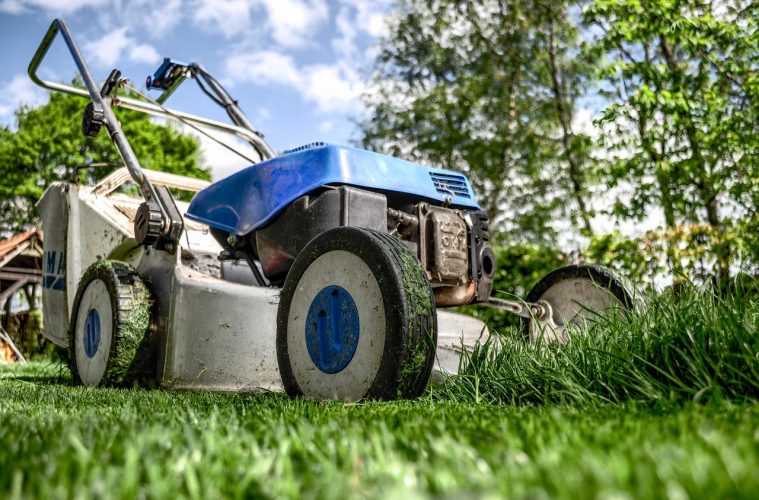Starting a container garden on your balcony is a fantastic way to grow your own plants, whether you have limited space or just want a convenient and manageable way to garden. Container gardening offers flexibility, mobility, and the opportunity to create a vibrant green space in even the smallest of areas. Here’s a guide to help you start your own container garden on your balcony.
First, assess the amount of space you have and the amount of sunlight your balcony receives. This will help you determine the types of plants that will thrive in your environment. Most vegetables and flowers need at least six hours of sunlight a day, so choose a sunny spot if possible. If your balcony is shaded for most of the day, consider growing shade-tolerant plants like lettuce, spinach, and herbs.
Choosing the right containers is crucial for the success of your garden. Containers come in various materials, including plastic, terracotta, ceramic, and wood. Each material has its own benefits. For example, plastic containers are lightweight and retain moisture well, while terracotta pots are breathable and provide good drainage but can dry out quickly. Ensure that all containers have drainage holes to prevent waterlogging, which can lead to root rot.
Select a high-quality potting mix designed for containers, as garden soil is often too dense and can compact in pots, restricting root growth. A good potting mix will be lightweight, retain moisture, and provide adequate nutrients. Adding compost to the potting mix can improve its nutrient content and structure, promoting healthy plant growth.
When it comes to plant selection, consider starting with easy-to-grow varieties that do well in containers. Herbs like basil, parsley, and chives are excellent choices for beginners and can be used fresh in your cooking. Leafy greens such as lettuce and spinach grow quickly and can be harvested multiple times. Compact vegetable varieties like cherry tomatoes, peppers, and bush cucumbers are also well-suited for container gardening.
To maximize space, consider using vertical gardening techniques. Install shelves, hanging baskets, or trellises to take advantage of vertical space and grow climbing plants like beans, peas, and certain types of squash. Vertical gardening not only increases your planting area but also adds visual interest and depth to your balcony garden.
Watering is a critical aspect of container gardening, as pots can dry out more quickly than garden beds. Check the moisture level of your containers regularly and water them when the top inch of soil feels dry. Be careful not to overwater, as this can lead to root rot. Using self-watering containers or placing a saucer under each pot can help maintain consistent moisture levels.
Fertilizing is essential to keep your container plants healthy and productive. Because container soil can deplete nutrients quickly, use a balanced liquid fertilizer every two to four weeks during the growing season. Organic options like fish emulsion, seaweed extract, or compost tea provide essential nutrients without the risk of chemical buildup.
Pest management in container gardens is generally easier than in traditional gardens, but it’s still important to monitor your plants regularly for signs of pests. Use natural pest control methods such as insecticidal soap, neem oil, or homemade garlic spray to keep pests at bay. Additionally, keeping your plants healthy through proper watering and fertilization can make them more resistant to pests and diseases.
Pruning and deadheading are necessary to keep your container plants looking their best and encourage continuous growth. Regularly remove dead or yellowing leaves, spent flowers, and any unhealthy parts of the plant. This helps prevent disease and allows the plant to direct its energy toward producing new growth.
One of the advantages of container gardening is its mobility. If you find that a plant is not doing well in its current location, you can easily move the container to a more suitable spot. This flexibility allows you to experiment with different arrangements and find the optimal conditions for each plant.
Finally, don’t forget to enjoy the process. Container gardening on your balcony is not only about growing plants but also about creating a relaxing and beautiful space where you can unwind and connect with nature. Add personal touches like decorative pots, garden ornaments, or a small seating area to make your balcony garden a true oasis.
With a bit of planning and care, you can create a thriving container garden on your balcony, providing fresh produce, herbs, and flowers right at your doorstep. Happy gardening!

